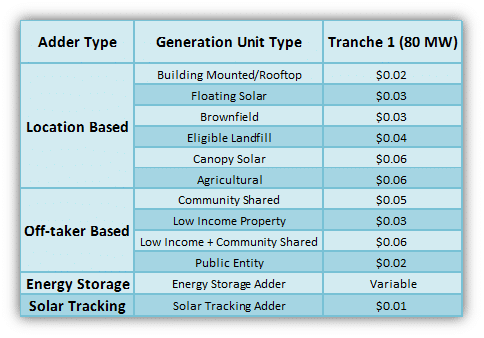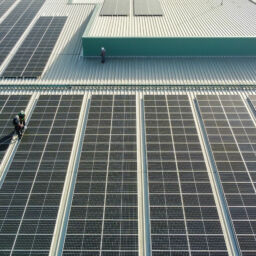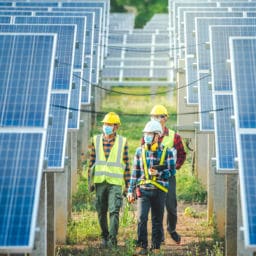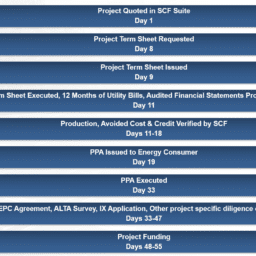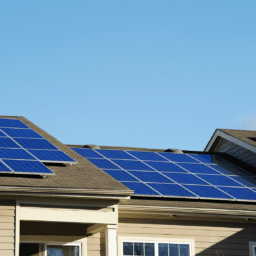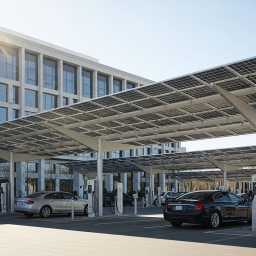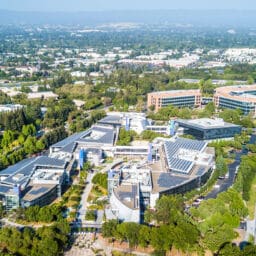Introduction:
The state of Massachusetts has a long track record of promoting renewable energy & sustainable development; however, recent legislative changes have prepared the Commonwealth to become one of the largest hot-beds for renewable energy development in 2018 & beyond.
The Department of Energy Resources (DOER) recently finalized the Solar Massachusetts Renewable Target (SMART) Program as its plan to replace the widely successful SREC (Solar Renewable Energy Certificate) Carve-Out II Program implemented in 2014. This program was designed to assist in the procurement of 1,600 MW of solar by 2020. While the SREC program helped jumpstart renewable development in MA, the state’s RPS standards dictate that even more renewable resources be installed; hence the creation of the SMART Program.
The SMART Program
Learning from the past, the SMART Program seeks to integrate the fixed nature of rebates (typically 1 lump-sum payment) with the performance-based & longer-term REC structure. RECs, while critical for solar deployment in Massachusetts, have challenged the financeability of solar projects due to price uncertainty. Simply put, while RECs can offer upside for project economics, they also provide significant risk due to price fluctuations. Rebates on the other hand provide fixed upfront incentives that are often paid within the first year of deployment, therefore ensuring those respective economics. SMART, through significant research & development, hopes to resolve the price uncertainty of RECs through locked-in contracts (20 year terms for projects over 25kW).
SMART is predicated on a “Base Compensation Rate” plus location based, off-taker based, and energy storage based rate adders. The base compensation rate varies based on utility provider, system size, and block availability – once program enrollment hits a certain capacity, there is a 4% step down in the rate for the following block.
SMART Rate = Base Compensation Rate + Location adder + Offtaker adder + ESS adder
These fixed 20-year contracts are incredibly important for solar financing. By locking in revenue that is guaranteed through the SMART program, solar financiers can reduce their risk exposure and offer a lower cost of capital while providing a better solar offering to the market. With base compensation rates ranging from $0.15/kWh – $0.36/kWh, the SMART program expects to be one of the most attractive state solar programs administered in the US.
How SCF is taking advantage of SMART
Sustainable Capital Finance has been following the SMART Program through its development, and is in the midst of incorporating a new site-lease solving feature, soon be integrated into SCF’s Quick Quote calculator and the SCF Suite. SCF’s Developer & EPC partners will be able to use the new feature to approximate site-lease payments that SCF can support under SMART and other programs as well. While the SMART Program is expected to be activated in the coming months, SCF is actively seeking out opportunities for site control in MA. If you are evaluating a project for the SMART program or are interested in learning more, don’t hesitate to reach out to Joel Binstock @ jbinstock@scf.com or Dan Holloway @ dholloway@scf.com.



